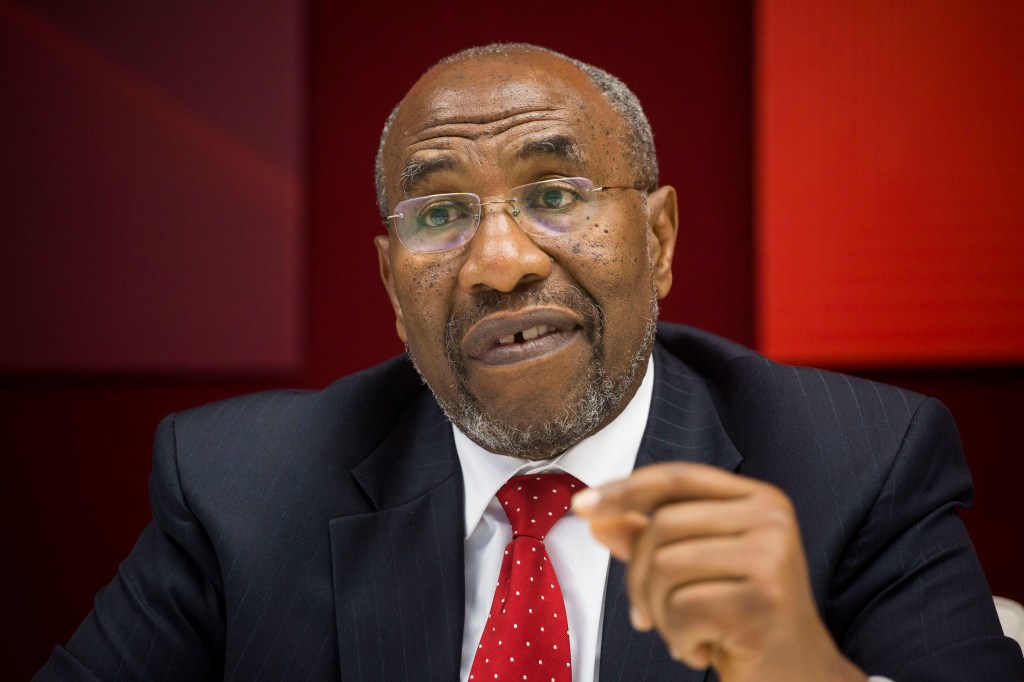
Several years ago, while an intern at a non-profit, I had the privilege of being assigned the task of reaching out to a list of African UN Ambassadors who had been invited by a few Seattle-based top US companies. My job was to secure the commitment of these Ambassadors to go on this all-important trip.
I eventually secured the commitment of 8 Ambassadors, one of which was the Ambassador of the Permanent Mission of Uganda to the United Nations, H.E, Ambassador Ruhakana Rugunda.
Of all the UN Ambassadors I visited, only Amb. Rugunda agreed to personally meet with me in his office for a discussion about the invitation and intended trip. I was highly honoured and he treated me with memorable respect despite visibly being an “errand boy”.
I became fond of him during the trip and met his wife also. He was a profound gentleman and was very lucid and clear-minded when he spoke. You could easily perceive the integrity of his person and the frankness of his ideas.
I am currently in Uganda for some work and met this elderly man who looks so much like Amb. Rugunda. When I opined that he looked like someone I knew back in New York, he retorted jokingly: “Is it Rugunda?” “YES!” I said, to which he replied that I wasn’t the first to mention this to him.
After explaining how I met Amb. Rugunda, and how memorable my meeting, trip, and relations with him were, all the Ugandans present began to speak glowingly of him. I was told he had risen to become the Prime Minister of Uganda and had recently completed his tenure.
Something struck me during the conversation and it forms the basis for this note. While describing Amb. Rugunda the keyword I kept hearing was “Ndugu”. When I inquired as to the meaning, I was told it meant “brother” in Swahili. Our host, an elderly woman of immense experience offered a more in-depth explanation as to why Ndugu was used in referring to the Ambassador.
Although Ndugu could be used loosely to refer to a sibling, it is however an honorific when used to describe a person whom one has no family relationship with. It is a term of endearment directed at someone who is greatly respected and honoured for what they represent and the positive values they have espoused over time. This is who Ruhakana Rugunda is to very many Ugandans. He is Ndugu Rugunda, a man who is a “brother” and deeply shares their desire for a better life and society. Many see him as a reflection of their aspirations in leadership; an epitome of what a life of service to humanity should be.
To be one of Uganda’s longest-serving public servants and remain unspotted from the corruption that warps the souls of many men, deserves that title. I only met the man for a few days and felt he was a real statesman and father. Today, many years later, my postulation of him holds true; that even his own people, who are often most critical, respect and honour him. A man with a good heart, a friendly demeanour, elegant deportment, and crowning that with impeccable antecedents is legendary in African societies. These are types of people whom we should call a brother (or sister as the case demands).
When citizens refer to a public servant as Ndugu, it is a powerful reminder that there are still women and men of profound character and servants of good causes. These are the ones that Africa needs to open the doors of leadership to; to dust the seats of power for, and gather with at the village squares. We have to reshape our leadership narratives around such proven qualities of self-government in men, those on a contract with legacy building and values crafting. Such women and men, perhaps might not be the subjects of politicking and election cycles. Their life cycles might warrant that we headhunt for them at all levels and expressions of our nationhood.
We have Ndugus… but we need more of them.
Thank you for being a true inspiration Ndugu RT Hon. Dr. Ruhakana Rugunda

Well written piece Egbon!
‘Ndugus’ are in every human society, may their living examples inspire us all to arise and shine our light in a fallen world.
What a profound write up…may the Ndugus manifest in Nigeria…I saw the 107 yr old man you spoke with…I hope I can that strong wen I get to his age..
Peaceful leaders are ever blessed 🙌